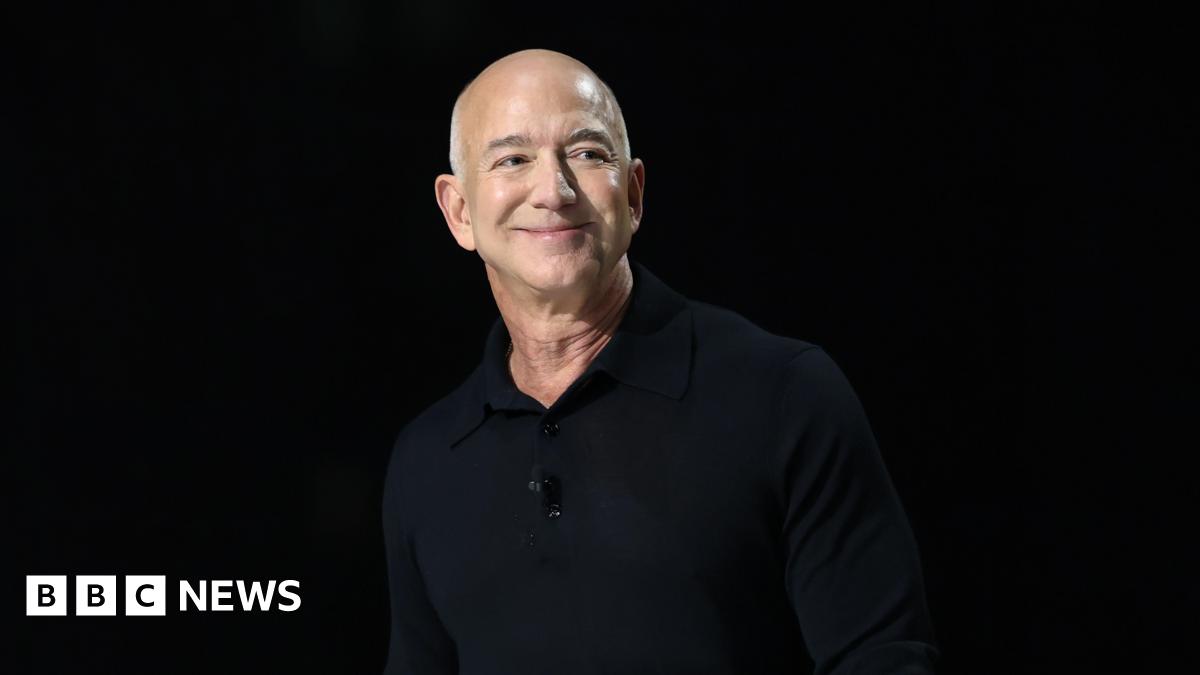Reports that North Korea is deploying troops to support Moscow’s invasion of Ukraine highlight the severe manpower limits weighing on the Russian economy and military.
On Friday, South Korea’s intelligence service said it worked with Ukrainian counterparts in the use of facial recognition AI technology to identify North Korean officers in Ukraine’s Donetsk region who were helping Russian troops fire North Korean artillery.
“The direct military cooperation between Russia and North Korea that has been reported by foreign media has now been officially confirmed,” the spy agency said in a statement, according to Reuters.
Moscow and Pyongyang have denied any troop exchanges.
But analysts are increasingly pointing to the underlying weakness of Russia’s economy, which appears stronger due to enormous defense spending, and predicting that it will struggle to sustain its war on Ukraine.
In addition to the Western sanctions that have largely shut out Moscow from the global financial system, Russia has suffered a massive brain drain of talent fleeing the country as well as hundreds of thousands of war casualties.
That’s contributed to a tight labor market and high inflation as the defense industry and military mobilization occupy a greater share of the working-age population—representing obstacles in President Vladimir Putin’s ability to raise more troops for his war.
In an op-ed for The Hill on Monday, Rutgers University-Newark political science professor Alexander J. Motyl predicted the Russian economy will suffer a “meltdown” next year.
“As the Russian economy tanks, immiseration and social discontent grow, and money dries up, Putin will run out of resources to fuel his war machine,” he wrote.
That could spell the end of his regime and possibly even the Russian state, Motyl added, pointing to other examples across history of countries that didn’t have enough economic resources to keep fighting wars.
An economic collapse will undermine Russia’s military and war efforts, he said, leaving Putin with two choices. The first is unlikely as it would require Putin to ask the broader society for more sacrifices. The second is to “push his armies past the point of exhaustion in the hope that some miracle will intervene,” but that will only delay his defeat and potential ouster as leader.
Similarly, Stefan Hedlund, a professor of Russian studies at Uppsala University, wrote an analysis for Geopolitical Intelligence Services on Monday that also pointed to the distortions in the economy created by the war and defense spending.
“Large amounts of money are being funneled to contracting Russian soldiers, many of whom will be killed in Ukraine, and to the production of military hardware, much of which will be destroyed on the battlefield,” he said. “Neither of these outputs can be justified in the long term.”
Meanwhile, companies outside the defense sector face mounting labor shortages, rising costs, and the prospect of even higher interest rates as the Russian central bank tries to rein in inflation, Hedlund added.
In addition, exports of oil, gas and weapons—traditionally top sources of the regime’s revenue—are now under severe pressure as prices and demand weaken.
The likely outcome is that Russia’s economy will come under immense stress and face a grim future, Hedlund predicted. And as Moscow turns to North Korea for troops, its economy could start looking more like its ally’s.
“Even if Moscow does manage to maintain some exports, continued sanctions will bar Russian producers from access to vital intermediate goods, preventing them from interacting within global value chains,” he wrote. “Protracted isolation from the developed parts of the global economy will be tantamount to a move toward North Korean autarchy.”
Credit: Source link








![How Marketers Can Work & Level-Up Like 700+ Leaders in 2025 [New Data] How Marketers Can Work & Level-Up Like 700+ Leaders in 2025 [New Data]](https://www.hubspot.com/hubfs/marketing-executive-1-20250106-3440943.webp)


